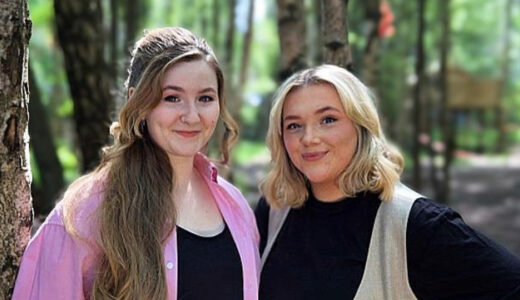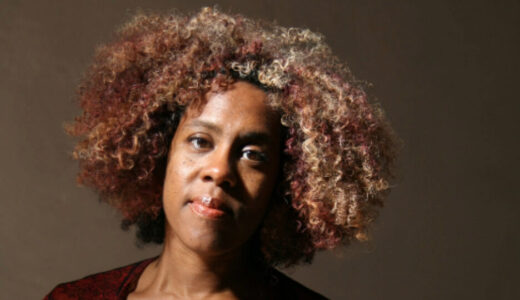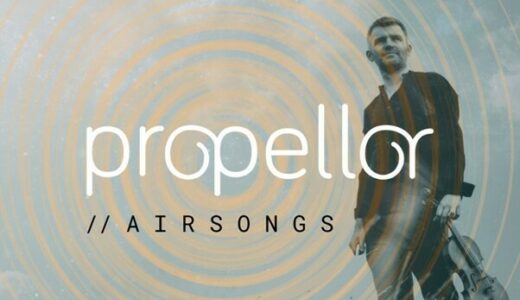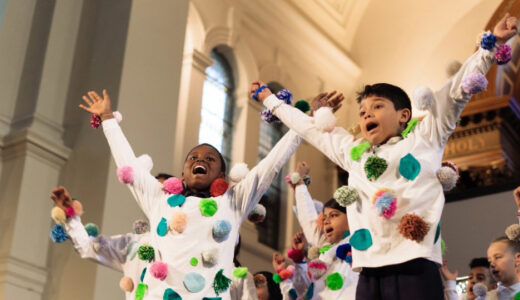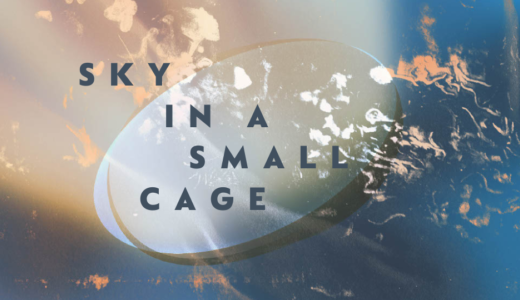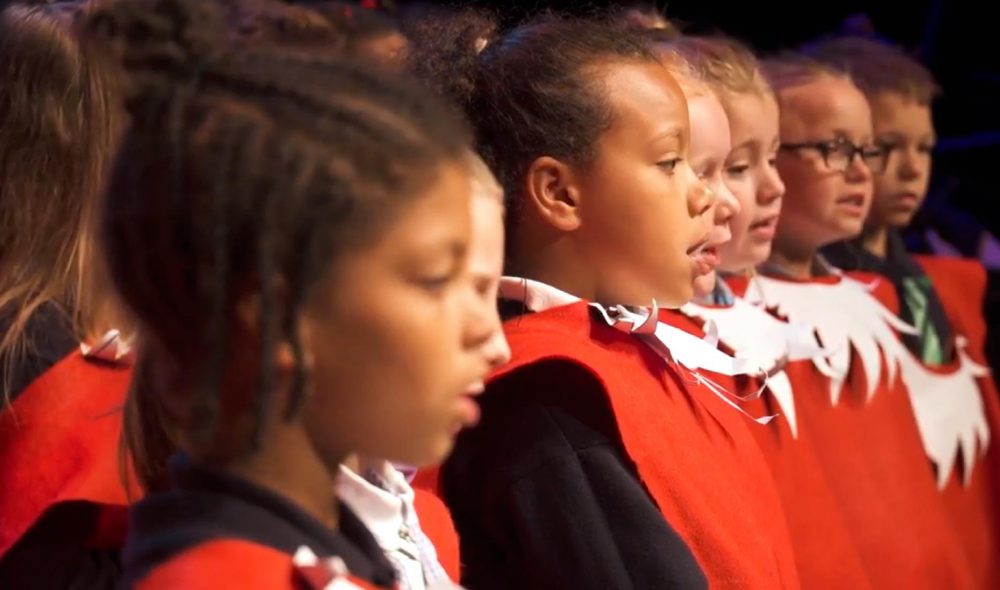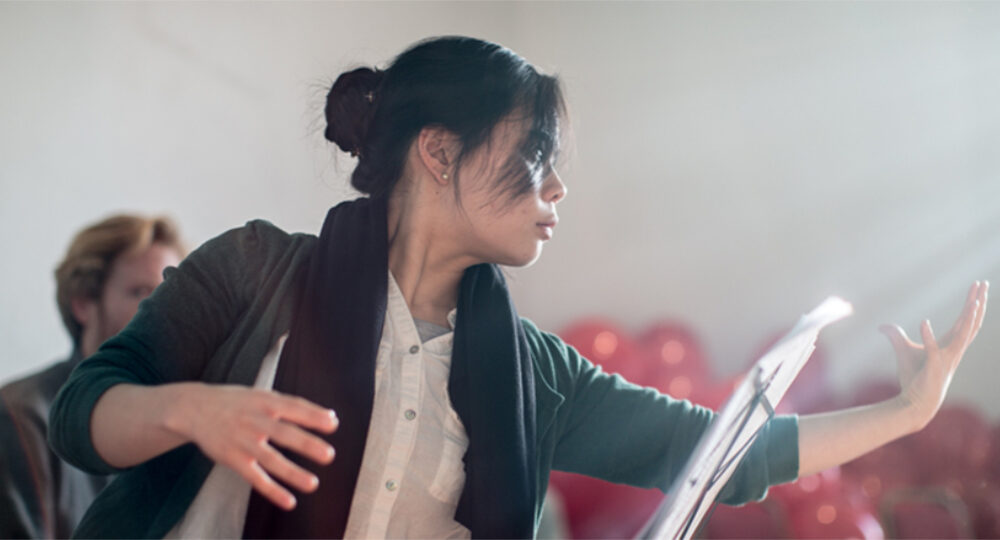
01/09/16
Exploring Gender inequality in the Arts
Over the past year Mahogany has been working with Tonic Theatre as part of the Advance programme, to interrogate quetsions around gender inequality in opera and the wider arts sector.
Tonic Theatre’s Advance is a leading programme for organisations to look at gender equality in the arts. Mahogany was delighted to be asked to take part in the most recent cohort to explore our own practice as part of a wider focus on theatre, dance and opera. Alongside organisations including the Royal Opera House, National Theatre, Northern Stage, Sadler’s Wells and Clean Break, we examined challenges facing female artists and arts professionals across the sector.
We were excited to take part in the programme. As a company creating new work, we aim to make opera that is relevant and connected to the contemporary world. We want our opera-makers to come from the across the wealth of today’s society. Opera’s heritage is largely homogenous and we believe expanding this will enable artists and audiences to find new perspectives and create more extraordinary work. By working with Tonic to address gender equality, we hoped to uncover methods that would enable us to challenge other areas of inequality.
The programme includes an extensive research element and each organisation was asked to focus on one question to delve into. Mahogany asked:
Where are the female opera librettists? What routes are currently available for aspiring librettists? How can we broaden these opportunities and encourage more women to consider writing libretti?
We initially asked the question as to date we have never commissioned a female librettist. This is despite commissioning several new operas over a number of years. We wanted to use this fairly narrow focus to explore the role of women within opera more generally.
Tonic’s investigation looked at both routes into libretto writing and sustaining a career in this specialism. The research focused on two areas: the challenges librettists can face in building and maintaining a career, and the challenges that women may face in creative roles in opera. By over-laying these two areas, and understanding how they intersect, we could gain a perspective on female librettists’ experiences.
Rather than there being a lack of women who want to write libretti, the results suggested that there are plenty of women writing libretti, but a lower chance that they will be commissioned, for a range of reasons. These include challenges for both librettists and women in creative roles:
- Limited number of formal routes for forging a career as a librettist
- Librettists are often viewed as junior partners in the creative relationship with composers
- Few opportunities for librettists to meet and grow relationships with composers
- Lack of Literary department structure in opera
- Lack of resource for developing a libretto in the commissioning process
- Perception of women in creative roles by the opera industry
- Opera’s ‘gatekeepers’ are a largely homogenous group meaning a narrow group are making decisions
- Majority of people training and working professionally as composers are male
- Less traditional modes of storytelling struggle with the lack of resource allocated to developing text
- The opera world can be risk adverse and in a heritage where women are not particularly visible as creators, women can be consciously or unconsciously perceived as risky in these roles
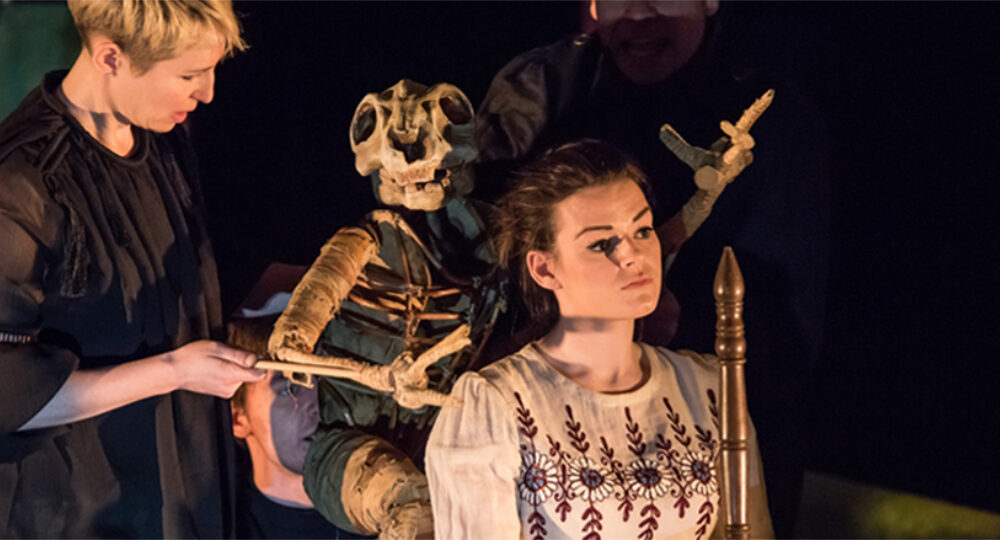
While the research that Tonic conducted was initiated by our question about female librettists, it exploded our thinking into many more areas than we had initially expected. We’re now thinking about how we work with women across all creative roles and also what our role, as an organisation that stretches the boundaries of what opera can be and who it is for, can be in addressing some of the challenges the research identified. Some of our initial responses include:
- Build awareness of diversity into decision making across the organisation, from staff to freelancers to trustees.
- Broaden the way in which our artistic decisions are made; we’re ensuring a wider range of people, with a broader base of perspectives, backgrounds, and tastes are involved and have a voice.
- Widen our pool of artists and how we source new talent and in particular create a greater number of opportunities for librettists; we’re initiating a range of ‘open calls’ so we can get to know a broader range of artists and are rethinking the nature of the research & development opportunities we provide.
- Challenge the convention of libretto writing and how new opera is made; we want to consult partner organisations about how we can challenge conventions, make links with others who are keen to develop more equitable relationships between librettists and composers, and learn about ways that librettists and their work could be better supported and developed by organisations.
- Inspire young girls to consider all professional careers in opera open to them; we’re ensuring that across all our communications the contributions and perspectives of the women involved in our work are as visible as those of the men. We’re especially focusing on this in regards to our children and young people’s work because we want girls to see that all roles in opera are open to them.
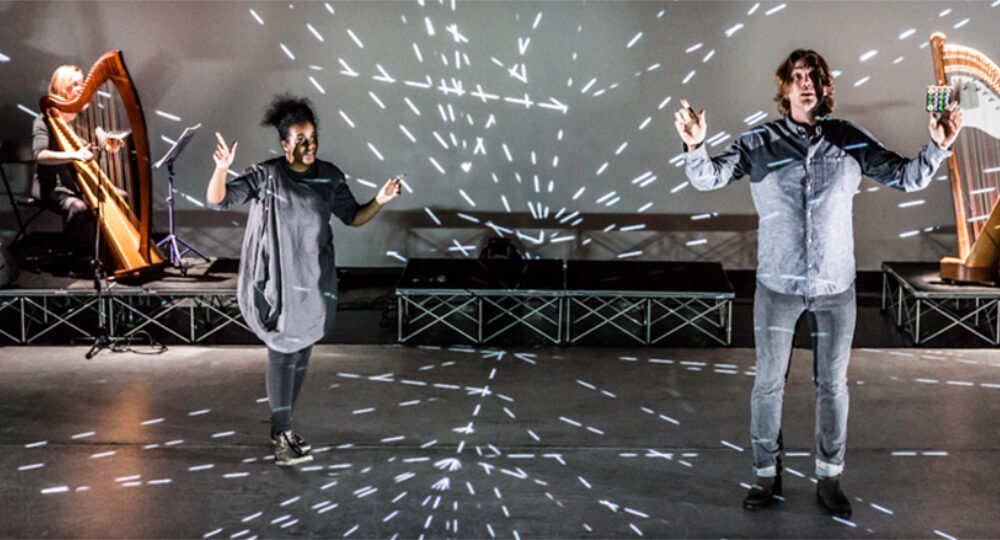
We’re very conscious of the issues surrounding equality and diversity in opera (and the arts generally). We want our work to be open to everyone, as artists, audiences, participants and staff. By focusing on one specific area, gender equality, we have been able to open up our thinking. We have been able to explore solutions and activity that we can apply more widely to enable greater access.
If you’d like to find out more about our work on the Advance programme and Tonic Theatre’s work more generally, head to the Tonic Theatre Advance website: tonictheatre-advance.co.uk
Recent Posts

23/01/25
Various Stages | News | Meet Me @ Mahogany | Events & Performances
Meet Me @ Mahogany: Participation On The Move
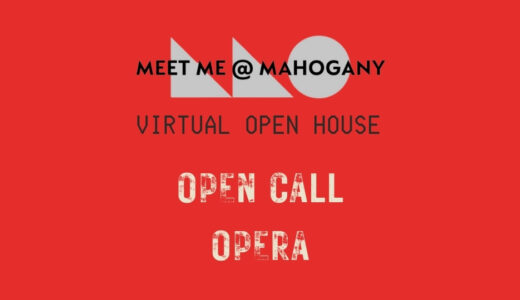
16/10/24
News | Meet Me @ Mahogany | Recruitment | Events & Performances
Meet Me @ Mahogany: Open Call Opera
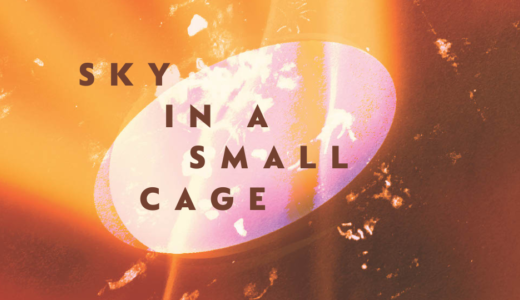
10/04/24
Commissioning | News | Events & Performances

